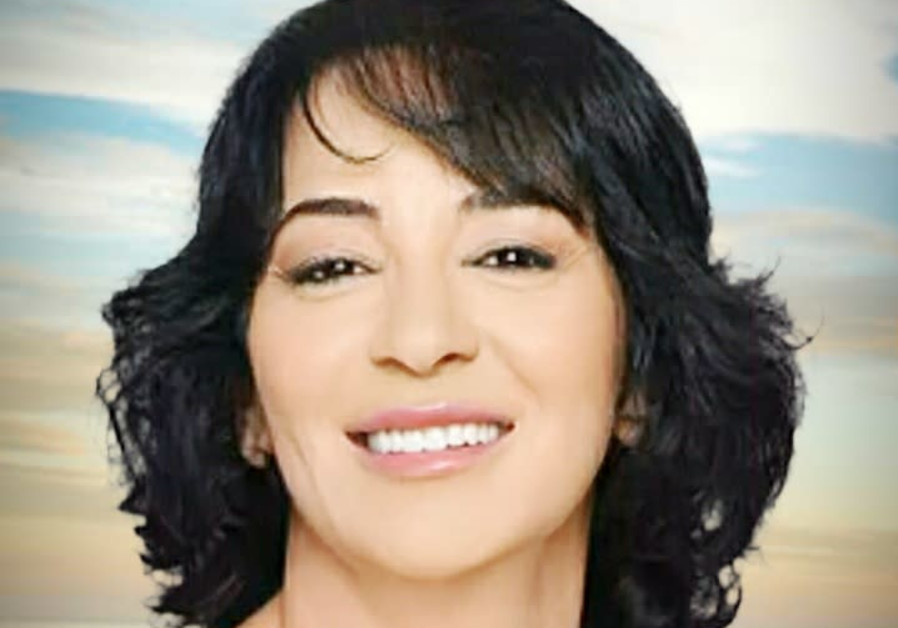Recent public opinion polls show that the Joint List is set to lose four to five seats in the upcoming general election.The Joint List’s plummeting numbers is the result of growing dissatisfaction with its members, as well as internal differences and an aspiration for change in the Arab citizen’s relationship with the Israeli establishment.Some Arab political activists are now searching for alternatives to the Joint List. Some have formed their own parties, while others are seeking to join other parties.In the 2020 election, the Joint List, headed by MK Ayman Odeh, increased the number of its seats from 13 to 15, remaining as the third-largest party in the Knesset until Yesh Atid slit off from Blue and White to lead the opposition.At this stage, it’s not clear whether the four parties comprising the Joint List – Hadash, United Arab List, Ta’al and Balad – would again run together in the next election.Some Arab Israelis believe that the recent rapprochement between Prime Minister Benjamin Netanyahu and Mansour Abbas, head of the United Arab List, will drive away many former voters of the Join List.Others say that widespread disappointment among Arab Israelis with the performance of the Joint List and its representatives is another reason why it is has lost a significant number of supporters.“Unfortunately, the votes of the Arabs will go to several parties in the next election,” said Dr. Warda Sada, an educator and political activist from the Galilee village of Kufr Yassif who moved to Jerusalem more than 20 years ago.
Sada said many Arabs also feel that the Joint List MKs did not do enough to combat the widespread phenomenon of violent crime in the Arab sector.“The Israeli authorities have failed to stop the violence,” she said. “We have seen that the police are incompetent when it comes to cracking down on violent crime. It’s also worth noting that many of the weapons in the Arab sector are coming from IDF bases. “But I believe that the Joint List did not put enough pressure on the Israeli authorities and government to devise a comprehensive plan for tackling this issue.”According to Sada, a large number of Arabs are also unhappy with the political rapprochement between Netanyahu and Abbas. “I’m not against them having good relations as human beings,” she told the Post. “But it is totally unacceptable to see an Arab MK trying to save Netanyahu, who is facing growing opposition from many Israelis, Jews and Arabs alike. Even people from the right-wing are criticizing Netanyahu, while an Arab leader is trying to form an alliance with him and save him politically.”Sada explained that the new party she has joined is hoping to attract many of the Arabs who are disappointed with the Joint List and other parties. “Our banner is ‘Liberty, Justice and Solidarity,’ she added. “Through this banner, we will be able to deal with all the complicated issues concerning the Arab sector. In addition, we have a political platform that calls for solving the Israeli-Palestinian conflict on the basis of a settlement that is acceptable to both people.”Mohammed Darawshe, of the Givat Haviva Center for Equality and Shared Society, is also among the Arab Israelis who are openly expressing disappointment with the Joint List.Darwashe, who is running in the election at the head of a new party called Ma’an (Together), said that while the Joint List may have been successful in representing the pain and anger of the Arab society in the Knesset, “it has failed in penetrating the places of influence in the country.”Darwashe said that his party wants to be part of the next government, but will not agree to sit with Netanyahu. “The Arab society is facing many problems, and no one cares,” Darwashe said. “We demand equal citizenship for all. We came to be an alternative political home, and our ultimate goal is to be a joint Arab-Jewish list. Full influence and partnership in decision-making comes through sitting in the next government, which is the goal our party has set in mind.”As some Joint List representatives scoff at Netanyahu’s efforts to woo disillusioned voters from the Arab sector, Nazareth Mayor Ali Salem and others have publicly come out in support of the prime minister. Salem, who received Netanyahu at the Nazareth Municipality this week, has come under sharp criticism from Joint List head Odeh and other members of the party.Earlier this week, the mayor appeared in a video next to Nael Zoubi, a school headmaster and political activist who is planning to present his candidacy in the upcoming election. “I support Nael Zoubi, who I know well and who is also a relative of mine,” Salem said. “We will support him in the Knesset, with Bibi (Netanyahu).”Salem and Zoubi (who is reportedly hoping to join Netanyahu’s Likud Party) are known for their harsh criticism of the Joint List and its representatives.
